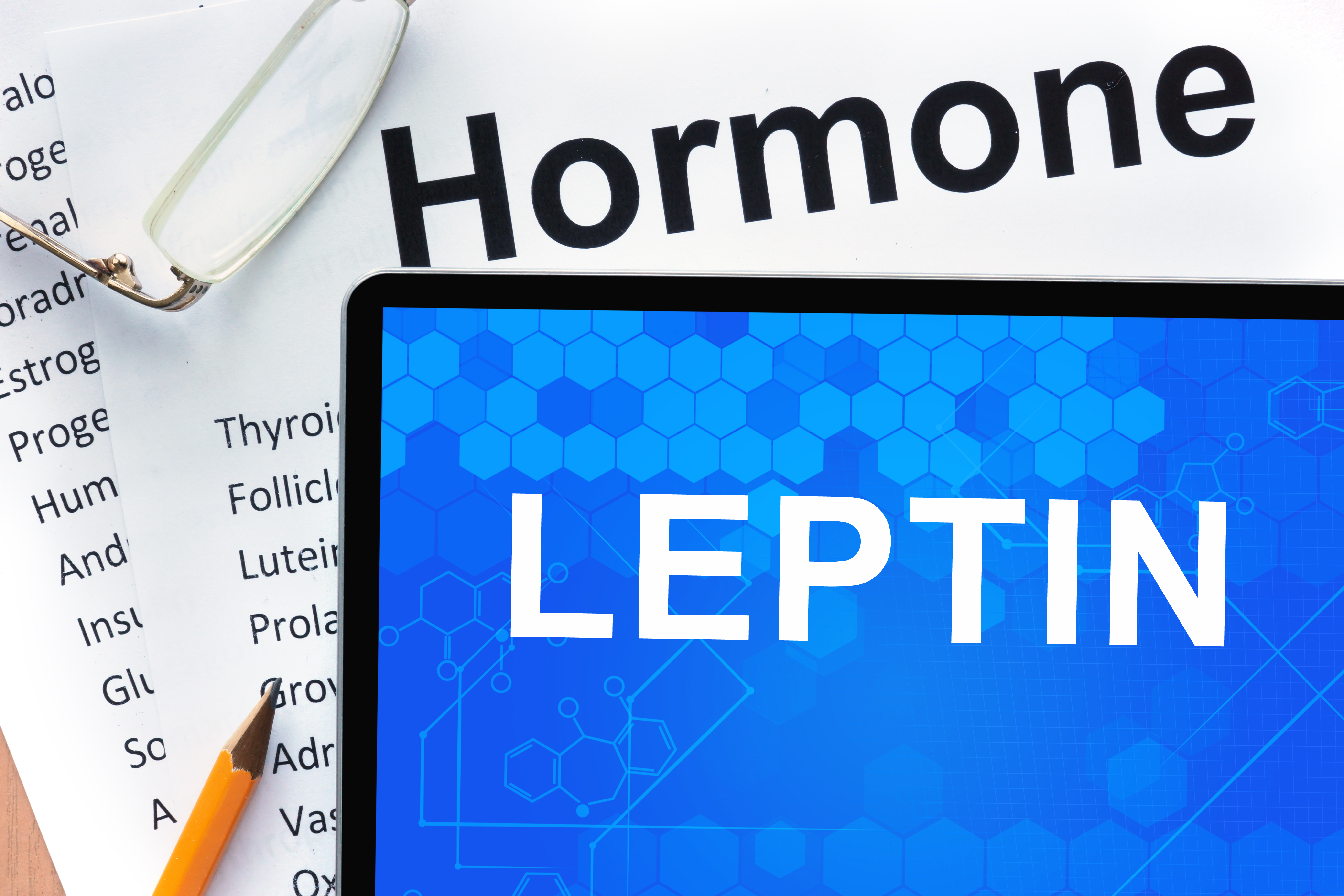Leptin, a hormone commonly associated with obesity due to its involvement in appetite control, may also play a role in endometriosis and the location of ectopic implants. A study from the Laboratory of Morphometry, Metabolism, and Cardiovascular Disease at State Univeristy of Rio de Janeiro in Brazil reported that leptin levels in serum are increased in patients with endometriosis relative to serum levels of controls.
“[Leptin] is known for its role in food intake, basal metabolism, and reproductive function,” stated the authors of the study, “Leptin, Its Receptor and Aromatase Expression in Deep Infiltrating Endometriosis,” which was published in Journal of Ovarian Research. “Leptin is now recognized to have immune-regulatory, pro-inflammatory, and neoangiogenesis functions, and it is thought to have a role in the pathogenesis of endometriosis.”
Many conflicting studies indicate opposing roles of leptin in endometriosis. Some studies suggest higher leptin content in peritoneal fluid or serum is associated with more severe endometriosis, while other studies suggest a lower leptin content is associated with more severe endometriosis. Additionally, previous studies have looked at only leptin content of serum, peritoneal fluid, or the endometrial tissue of women with endometriosis, with no studies looking at leptin expression in ectopic lesions.
To fill in this gap of knowledge, as well as to contribute to the body of literature concerning leptin involvement in endometriosis, the team from Rio de Janerio looked at leptin levels in patients undergoing surgery for severe endometriosis. Fifteen patients were included in the analysis, with all patients showing several peritoneal endometriotic implants and eight patients also showing an ovarian implant. For this study, controls were ten women undergoing mini-laparotomy or laparoscopy for tubal ligation. The researchers obtained tissue samples, as well as samples of serum and peritoneal fluid, to analyze the levels of leptin and related proteins in both groups.
More leptin was found in the serum of endometriosis patients than in controls, but the same levels were detected in the peritoneal fluid between the groups. Looking specifically at women with or without an ovarian implant, there was a higher amount of leptin in the serum and peritoneal fluid of the women without an ovarian implant. Finally, the researchers also identified an increase of leptin and the receptor for leptin in tissue samples taken from vaginal septum lesions relative to those in tissue samples taken from intestinal lesions.
While no strong correlations were made between leptin expression and the likelihood to have endometriosis, or between leptin expression and development of peritoneal implants, the researchers believe the study contributes new data to help solve the puzzle of how leptin is involved in endometriosis disease.

